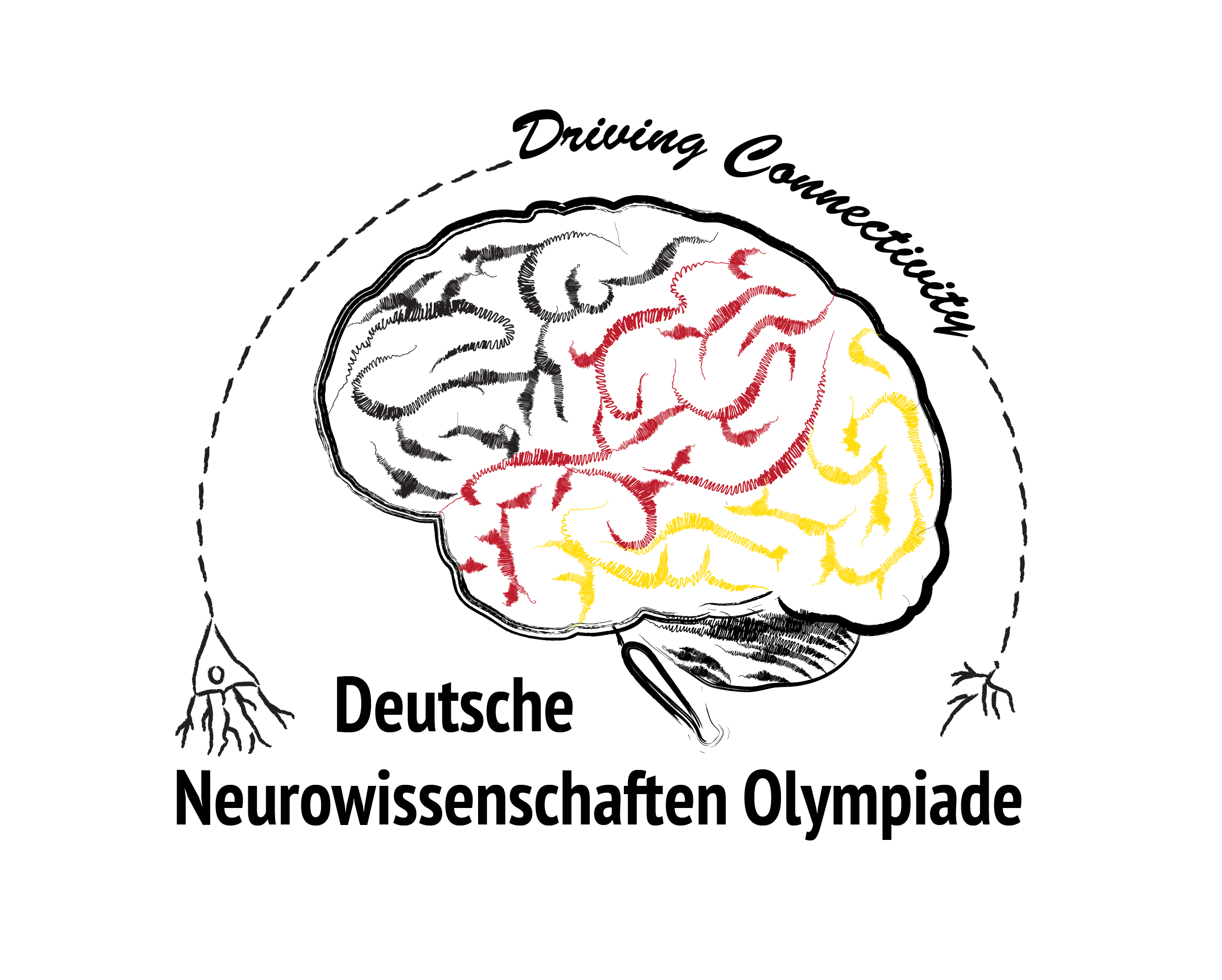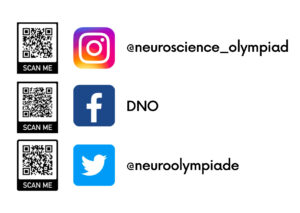A community of creative minds
As home of the oldest university in Germany, The University of Heidelberg places special emphasis on initiating dialogues across traditional subject areas, promoting a strong creative interdisciplinary research community.
Connect -Join- Participate
We want to meet you! Contact us today to learn more about how we support our local neuroscience community.
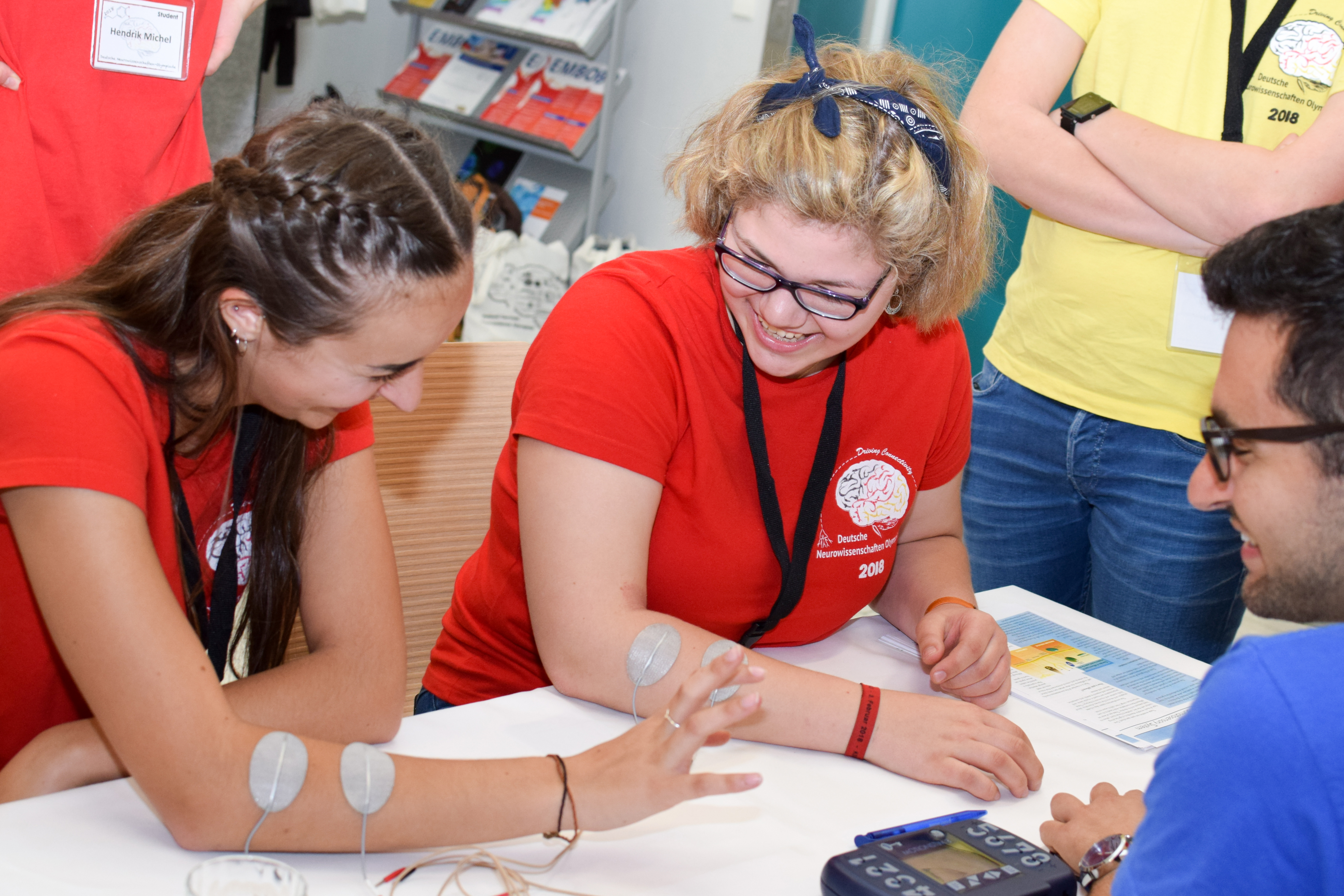
DNO-Heidelberg Regional Neuroscience Olympiad
Watch out! Event details will be published soon!
Travel Directions by car: Once you arrive at “Orthopädische Universitätsklinik” you will see a parking house, where you can leave your car. From there, you can walk towards the main entrance of the hospital. Then follow the directions signs to our event on the first floor. By bus: If you are at Bismackplatz, Heidelberg and you would like to come by bus you can catch bus no. 35 (direction Neckargemünd) or 735 (same direction) and get off at the bus stop “Heidelberg Orthopädie”. From there, walk towards the main entrance of the building. Then follow the directions signs to our event on the first floor. By train: Take the train S2 (direction Mosbach) or S5 (direction Eppingen) or any other one with direction to Neckargemünd which stops at “Schlierbach Orthopädische Klinik”. From there, walk towards the main entrance of the Hospital and then follow the directions signs to our event on the first floor.
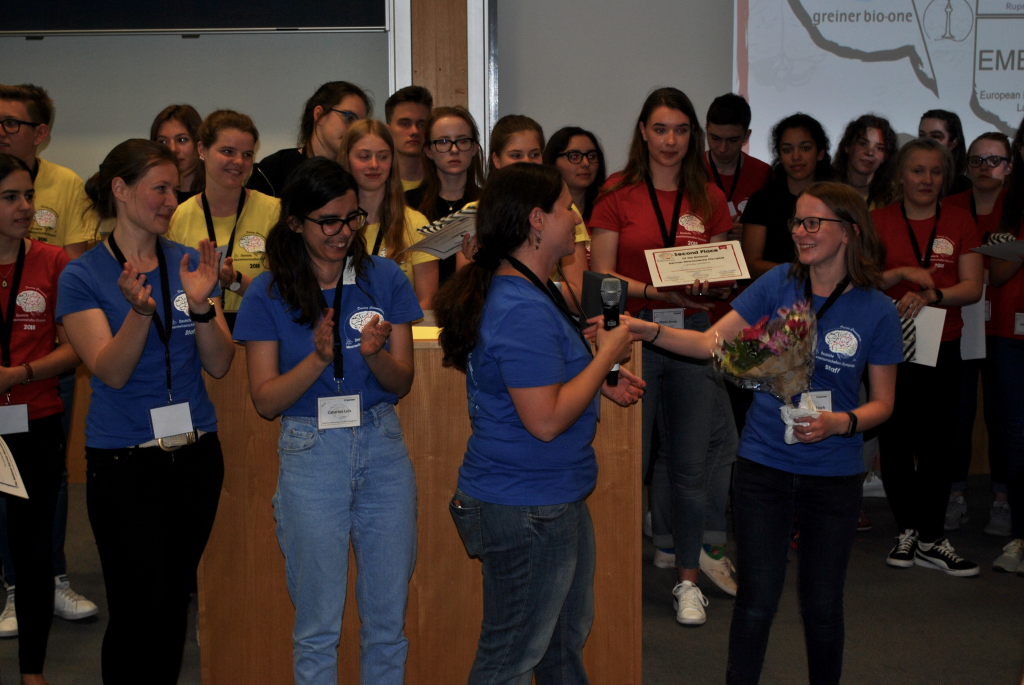
Team Leaders
Team Members
Dr. Beatrice Sandner
Dr. Victor Winter
Dr. Tiziana Cesetti
Dr. Catarina Luís
Dr. Franziska Neureither
Dr. Anna Hertle
Dr. Bhavin Shah
David Brito
Vasileios Kampanis
Marlene Assfalg
Sarah Hörner
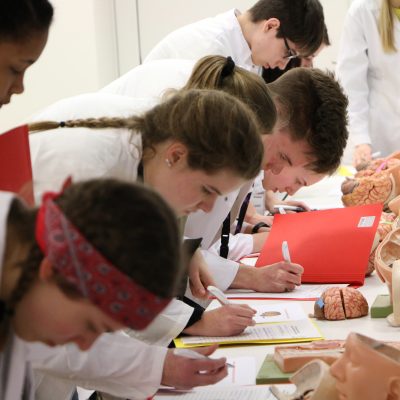
Founded in 1386, the Ruprecht-Karls University in Heidelberg is Germany’s oldest University. The University describes itself as a research university with a strong international and interdisciplinary orientation. The Neurobiology faculty, founded in 1976 as the second of its kind worldwide (right after the foundation of the Neurobiology faculty in Harvard!), initiated the establishment of the Interdisciplinary Center for Neurosciences (IZN) in Heidelberg. The IZN was founded in 2000 as a research network getting together neuroscientists from all faculties and local research institutions. More than 60 research groups are currently part of the IZN, thereby connecting different research fields to transfer knowledge and technology to improve graduate and post-graduate education in Neurosciences. Since 2016, the IZN is an official partner of the DNO in Heidelberg. In addition, the ‘Deutsche Neurowissenschaften-Olympiade’ is supported by the University’s Cluster of Excellence Cellular Networks (CellNetworks). CellNetworks assembles excellent groups focusing on research in molecular life science and computational sciences, chemistry and physics to tackle fundamental questions in cell biology, its network structure and architecture, dynamics and regulation.
Local Sponsors and Partners

CellNetworks assembles excellence groups focusing on research in molecular life sciences, computational sciences, chemistry and physics to tackle fundamental questions in cell biology related to network structure and architecture, dynamics and regulation.
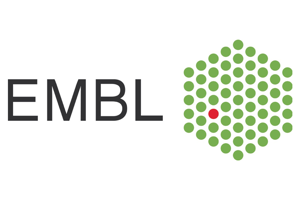
EMBL is Europe’s flagship laboratory for the life sciences. We are an intergovernmental organisation established in 1974 and are supported by over 20 member states. EMBL performs fundamental research in molecular biology, studying the story of life. We offer services to the scientific community; train the next generation of scientists and strive to integrate the life sciences across Europe. We are international, innovative and interdisciplinary. We are more than 1600 people, from over 80 countries, operating across six sites in Barcelona (Spain), Grenoble (France), Hamburg (Germany), Heidelberg (Germany), Hinxton (UK) and Rome (Italy). Our scientists work in independent groups and conduct research and offer services in all areas of molecular biology. Our research drives the development of new technology and methods in the life sciences. We work to transfer this knowledge for the benefit of society.
